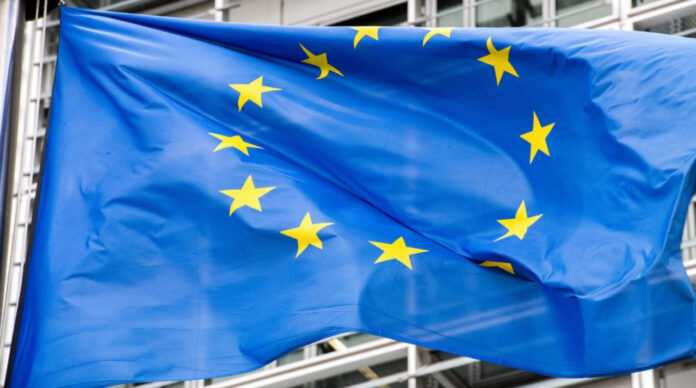
Both the Markets in Crypto Assets (MiCA) law and the European Transfer of Funds Regulation (TFR), which will apply to cryptocurrency transactions, were voted on by parliamentarians on Thursday.
The European Parliament has voted on the first legislation applicable to cryptocurrency transactions in the region.
With 517 votes in favour, 38 against and 18 abstentions, MEPs gave the green light to MiCA, the virtual asset market law that lays the foundations for the responsible development of the cryptocurrency industry in Europe. MiCA seeks to create a regulated environment for cryptocurrencies, providing clear rules to participating companies and ensuring the safety and protection of investors and consumers.
The final MiCA vote took place on Thursday, April 20.
In addition, MEPs also voted for the TFR (Transfer of Funds Regulation), which will set conditions for the transfer of crypto assets. According to the European Parliament, TFR is the first regulation that proposes to track Bitcoin and other cryptocurrency transactions in Europe to detect possible illicit activities.
This European regulation, similar to the Travel Rule applied in traditional finance, will force companies and virtual asset service providers to provide information on the origin of funds and the beneficiary, so that this "travels" along with the transaction, the Parliament explained in a release recent.
The agency also stressed that TFR will include cryptocurrency transactions in the future along with those made from self-custody wallets exceeding the threshold of 1.000 euros.
The exception to this regulation will apply to person-to-person (p2p) transfers made without a provider or those made between providers on their own behalf.
Commenting on the final MiCA vote, Patrick Hansen, Circle’s EU Strategy and Policy Director, noted that it is the most comprehensive regulatory framework for crypto assets in the world. According to Hansen, MiCA will bring “harmonization, competitiveness, institutionalization, and market share gains for regulated companies” by creating a unified regulatory environment for all 27 EU member states.
So far, countries like France, Germany and Austria maintain dedicated crypto licensing regimes, while others like Ireland have AML registration obligations.
Separate laws and regulations in each EU country have restricted the growth of startups in the region, limiting their competitiveness against their American or Asian counterparts, Hansen said. However, with the approval of MiCA, European companies can begin to gain a larger share of the markets, boosting registered crypto activity and institutional adoption in the region.
Europe is, today, The world's largest cryptoeconomy by trading volume. Between 2021 and 2022, more than $1,3 trillion worth of cryptocurrencies were moved from the European market, almost 22% of the global volume transacted with cryptocurrencies, according to the company Chainalysis.
Continue reading: The European Union will force crypto companies to report on the holdings of their users



